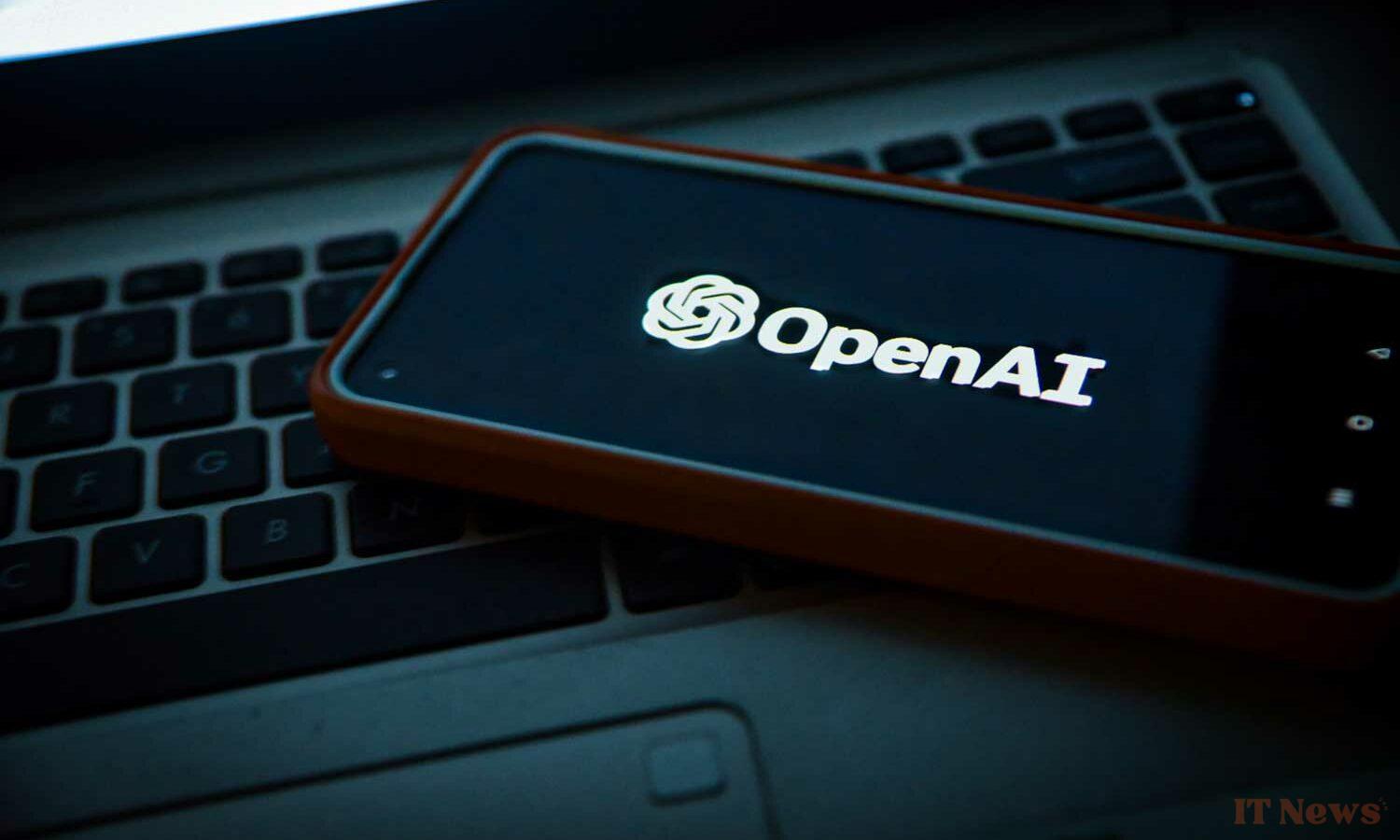ChatGPT can now connect directly to Dropbox, Box, SharePoint, OneDrive, and Google Drive. This interconnection allows the chatbot to analyze documents stored on these platforms to answer users' questions. A financial analyst could thus use their company's presentations and reports to build an investment thesis, all while respecting the organization's access rights hierarchy.
ChatGPT connects to the cloud
Meeting transcription and recording are also joining ChatGPT's arsenal. This feature generates notes with time-stamped quotes and suggests actions to take. Users can query these minutes as they would any embedded document, and turn identified tasks into Canvas projects, OpenAI's tool for writing and development.
This approach puts ChatGPT in direct competition with ClickUp, Zoom, and Notion, which have all added similar meeting transcription and summarization capabilities to their respective products.
OpenAI is also introducing deep search connectors for HubSpot, Linear, and a selection of Microsoft and Google tools, currently in beta… and not yet in Europe. These integrations allow for detailed search reports to be prepared by combining data from these sources with information from the web. Support for the Model Context Protocol (MCP) further expands these connection possibilities for Pro, Team, and Enterprise users.
At the same time, OpenAI has officially launched Codex, its programming agent powered by the codex-1 model, an adapted version of o3 for software development tasks. This assistant can handle multiple coding tasks simultaneously, from writing new features to fixing bugs to submitting review requests.
Codex runs in a secure environment preloaded with the developer's source code. Since June 3, the tool can connect to the internet for Plus, Pro, and Team users who explicitly enable it. This connection allows it to "install dependencies, update packages, and run tests that require external resources," OpenAI specifies.
The tool remains free for now, but OpenAI plans to introduce usage rate limits and pay-as-you-go pricing in the coming weeks.
This commercial offensive is based on a solid customer base: three million subscribers already use OpenAI's professional products, compared to the two million announced in February. Faced with competition from startups like Notion and Context, OpenAI is capitalizing on its first-mover advantage to establish itself in offices.



0 Comments